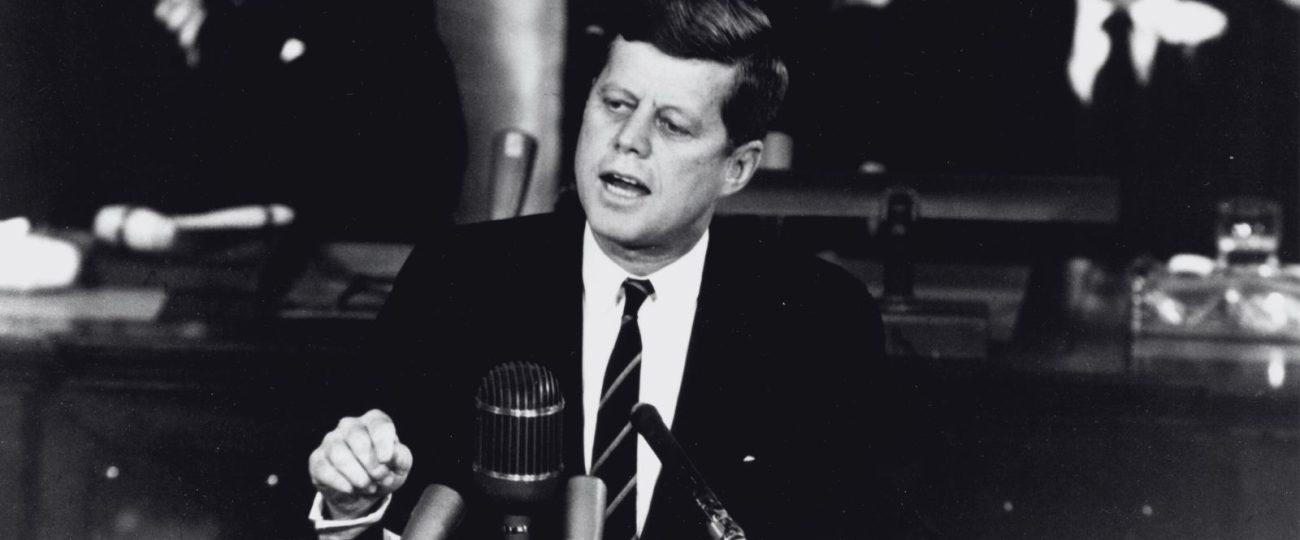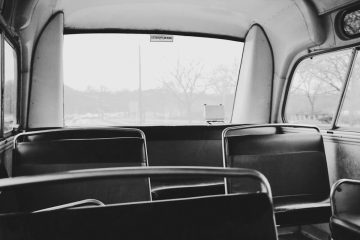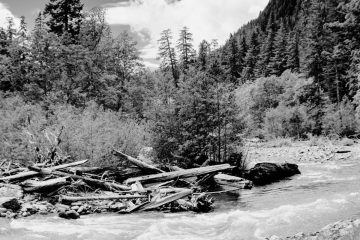What Happened On November 22nd?
On November 22, 1963, Dallas became the center of a devastating moment in American history. Crowds gathered along the streets to watch President John F. Kennedy’s motorcade as it moved through Dealey Plaza. At 12:30 p.m., gunfire shattered the cheers. One bullet struck Kennedy in the upper back, and another inflicted a fatal wound to his head. Jacqueline Kennedy, seated beside him, reacted in shock as the limousine sped toward Parkland Memorial Hospital.
Governor John Connally, seated in front of Kennedy, sustained multiple gunshot wounds but survived. Secret Service agent Clint Hill ran to the moving car and climbed onto its rear, shielding the First Lady from further harm. At Parkland, doctors worked relentlessly to revive the president, but their efforts proved unsuccessful. At 1:00 p.m., they pronounced Kennedy dead. The tragic news quickly reached the public, plunging the nation into grief.
Police arrested Lee Harvey Oswald, an employee at the Texas School Book Depository, later that day. Oswald had fled the scene and killed Dallas police officer J.D. Tippit during an altercation. Authorities captured him at a local theater after reports of his suspicious behavior. Two days later, nightclub owner Jack Ruby fatally shot Oswald in the basement of the Dallas police station. Ruby’s actions, broadcast live, deepened public speculation about possible conspiracies and silenced the man accused of Kennedy’s murder.
Vice President Lyndon B. Johnson assumed the presidency aboard Air Force One. He took the oath of office with Jacqueline Kennedy standing beside him, still wearing her blood-stained pink suit. She later explained, “I want them to see what they have done.” The Warren Commission, created to investigate the assassination, concluded in 1964 that Oswald acted alone. However, inconsistencies in evidence led many to question the report’s findings, fueling decades of conspiracy theories.
John F. Kennedy’s presidency, though tragically brief, symbolized ambition and a forward-looking spirit. Born on May 29, 1917, in Brookline, Massachusetts, Kennedy grew up in a family defined by political aspirations. His father, Joseph P. Kennedy, served as a U.S. ambassador and instilled a fierce drive to succeed in his children. Despite lifelong health problems, including Addison’s disease and severe back pain, Kennedy pursued a career in public service with unrelenting determination.
During World War II, Kennedy commanded PT-109, a patrol torpedo boat in the Pacific. When a Japanese destroyer struck the vessel, Kennedy led his crew to safety by swimming to a nearby island. To rescue an injured sailor, he gripped a life vest strap in his teeth while navigating open waters. His actions earned him the Navy and Marine Corps Medal. Later, Kennedy ensured recognition for the Solomon Islanders who had assisted in his crew’s survival.
Kennedy entered politics in 1946 by winning a seat in the U.S. House of Representatives. In 1952, he advanced to the Senate, advocating for education reform, labor rights, and global diplomacy. His book Profiles in Courage, published in 1957, celebrated political bravery and earned the Pulitzer Prize. Although aides contributed to its writing, the book elevated Kennedy’s stature as a thoughtful and ambitious leader.
In 1960, Kennedy narrowly defeated Vice President Richard Nixon in one of the closest elections in American history. His poised performance during the first televised presidential debates helped solidify public confidence in his leadership. At 43, he became the youngest elected president and the first Roman Catholic to hold the office. His inaugural address, remembered for the challenge, “Ask not what your country can do for you—ask what you can do for your country,” inspired countless Americans.
As president, Kennedy launched programs to redefine America’s global role and strengthen its domestic policies. He established the Peace Corps in 1961, sending volunteers to developing nations to assist with education, healthcare, and infrastructure projects. By 1963, the program had expanded to over 60 countries, demonstrating America’s commitment to fostering international goodwill.
Kennedy also prioritized the space race. In a 1962 speech at Rice University, he set a goal of landing an American on the moon by the end of the decade. His leadership energized NASA’s Apollo program, which achieved its mission with the moon landing in 1969. Kennedy saw space exploration as a challenge that underscored the nation’s technological potential and resolve.
Civil rights became one of the defining domestic issues of Kennedy’s presidency. Initially cautious about alienating Southern lawmakers, he grew more vocal as protests and demonstrations swept the nation. After the violent repression of protesters during the Birmingham Campaign in 1963, Kennedy called for comprehensive civil rights legislation. His administration introduced a bill that became the foundation for the Civil Rights Act of 1964, passed after his death.
Kennedy navigated complex foreign policy challenges with both setbacks and successes. The Bay of Pigs invasion in 1961, an attempt to overthrow Fidel Castro’s government, ended in failure and embarrassed the United States. However, during the Cuban Missile Crisis in 1962, Kennedy displayed decisive leadership. Through negotiations with Soviet Premier Nikita Khrushchev, he secured the removal of nuclear missiles from Cuba, avoiding a catastrophic conflict.
Behind the charisma of his public image, Kennedy grappled with private struggles. Chronic pain forced him to rely on experimental medical treatments, which he concealed to maintain his image of vitality. His marriage to Jacqueline Kennedy, while celebrated for its elegance, endured strain due to his infidelity. Despite these personal challenges, the Kennedys captivated the public, transforming the White House into a center of culture and intellectual exchange.





